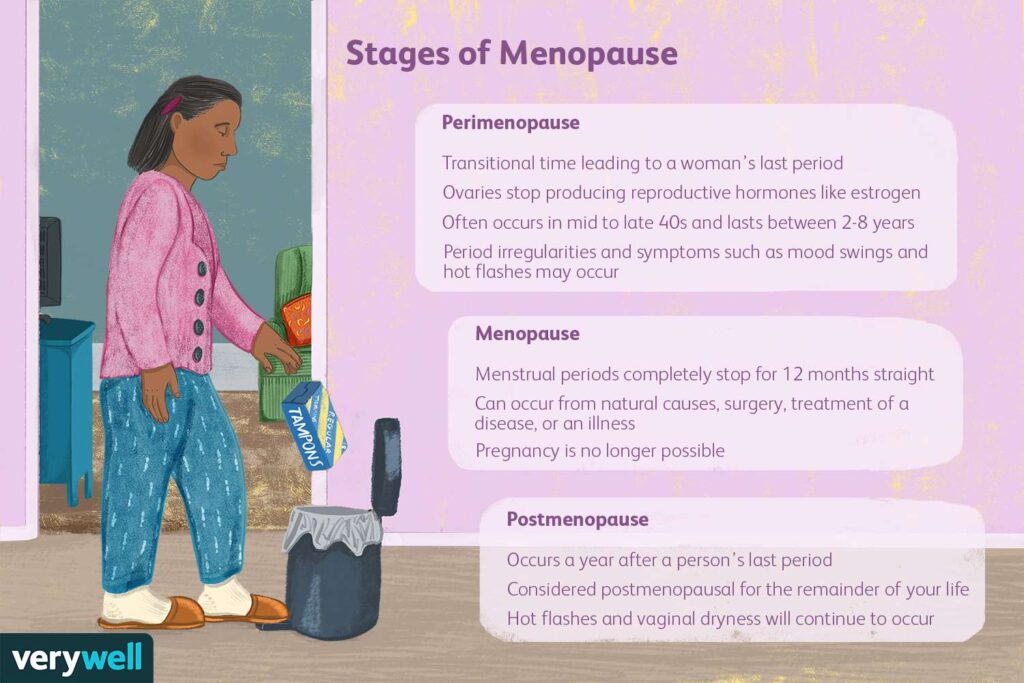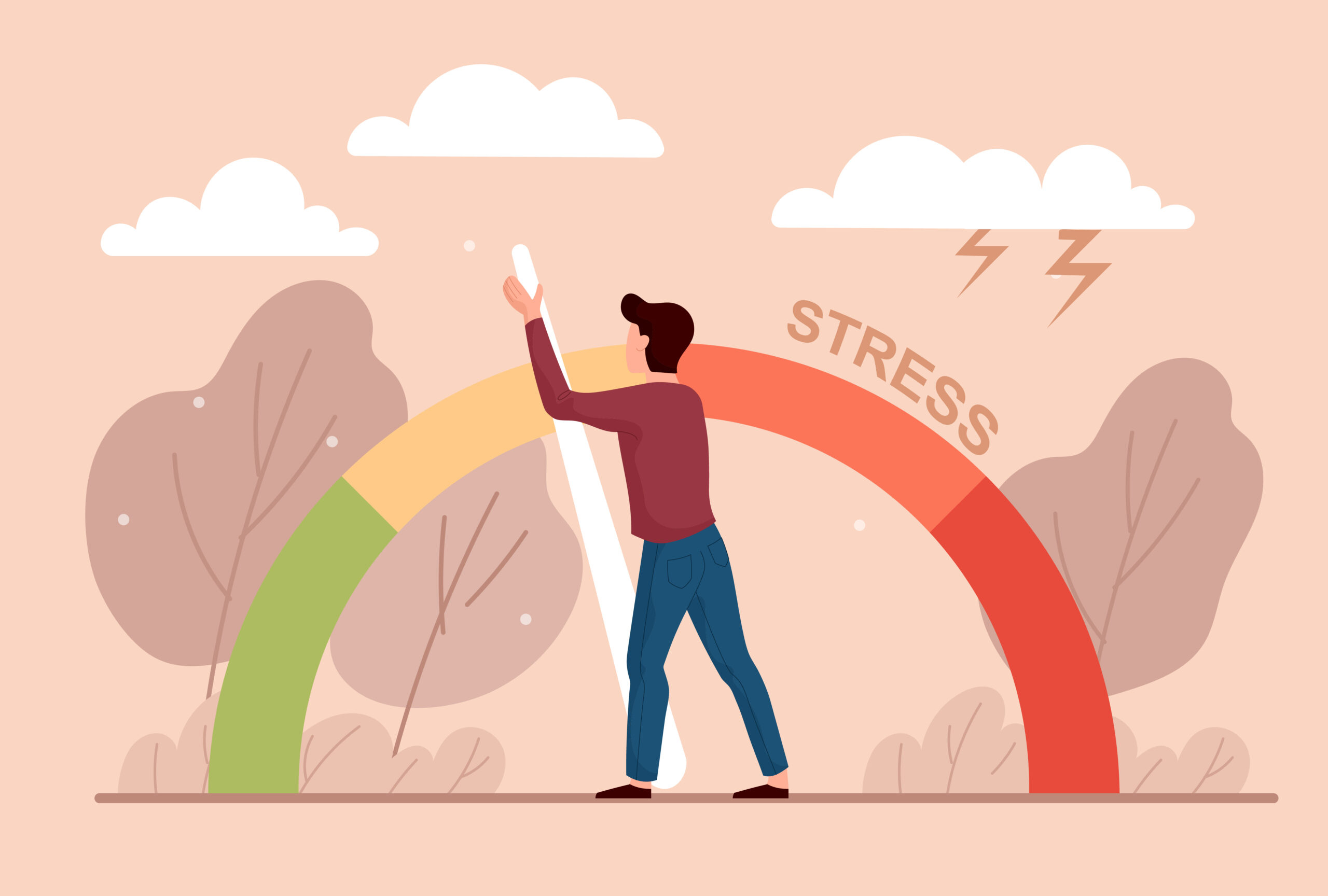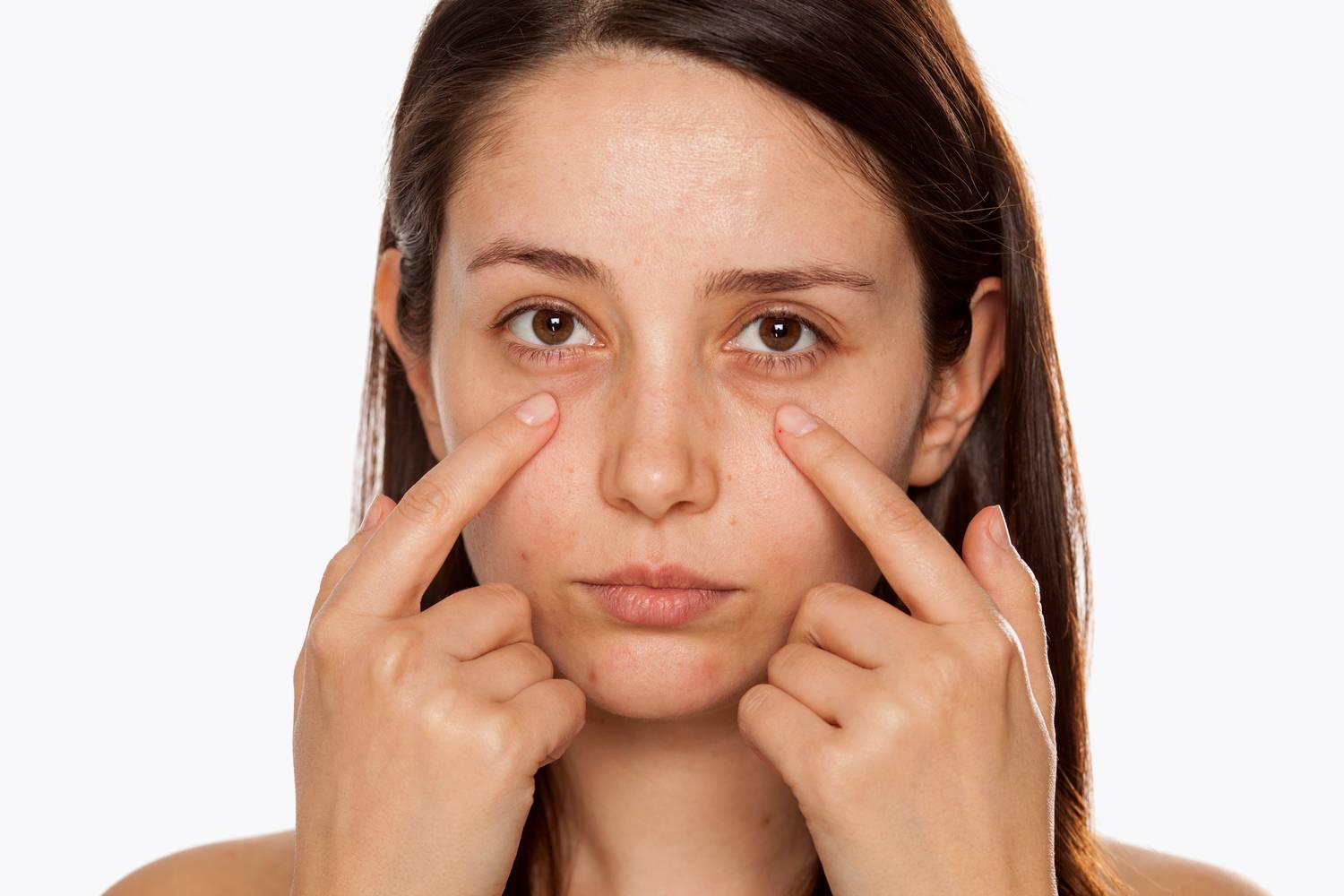
Menopause Symptoms by Age: Find Comfort and Confidence Now
This article provides an in-depth exploration of the most common menopause symptoms across different age groups. It covers early signs in the 40s, prominent symptoms in the 50s, and postmenopause concerns in the 60s and beyond. Additionally, it offers practical advice on managing these symptoms through hormone replacement therapy, lifestyle adjustments, and alternative therapies. With expert insights and actionable tips, this guide empowers women to navigate menopause with confidence and ease.

Menopause is a natural biological process that marks the end of a woman’s reproductive years. While it typically occurs between the ages of 45 and 55, the experience can vary greatly. Therefore, knowing what to expect at different ages can help women manage symptoms effectively.
Early Signs of Menopause in the 40s
During the early 40s, women often enter perimenopause. Notably, this transitional phase can last for several years before menopause officially begins.
Irregular Periods
One of the first signs is changes in the menstrual cycle. Consequently, periods may become heavier, lighter, more frequent, or irregular. This is primarily due to fluctuating hormone levels.
Hot Flashes and Night Sweats
Sudden feelings of heat, often accompanied by sweating and flushed skin, are common. Additionally, night sweats can disrupt sleep, leading to fatigue.
Mood Swings and Anxiety
Hormonal changes can affect mood, causing irritability, anxiety, or depression. Furthermore, maintaining a balanced lifestyle can help manage these symptoms.
Sleep Disturbances
Falling and staying asleep may become difficult. As a result, stress reduction techniques like yoga or meditation often improve sleep quality.
Symptoms During Menopause in the 50s
For many women, menopause officially begins in their early 50s. At this stage, estrogen levels significantly drop, leading to more pronounced symptoms.
Vaginal Dryness and Discomfort
Reduced estrogen often causes vaginal dryness, irritation, and discomfort during intercourse. In such cases, over-the-counter lubricants and prescription treatments can offer relief.
Bone Density Loss
Bone loss accelerates due to declining estrogen. Therefore, regular exercise, calcium supplements, and a balanced diet are essential for maintaining bone health.
Weight Gain
Metabolism tends to slow down, leading to weight gain, particularly around the abdomen. Consequently, a nutritious diet and regular physical activity are key to maintaining a healthy weight.
Postmenopause Symptoms in the 60s and Beyond
Although some symptoms fade after menopause, others may persist or develop later. Therefore, staying proactive about health is crucial.
Heart Health Concerns
Estrogen plays a role in heart health. After menopause, the risk of cardiovascular disease increases. Hence, regular check-ups and a heart-healthy lifestyle are essential.
Joint Pain and Stiffness
Many women report joint pain and stiffness. Fortunately, staying active with low-impact exercises like swimming or yoga can reduce discomfort.
Cognitive Changes
Some may experience memory lapses or difficulty concentrating. However, mental exercises and social activities can help maintain cognitive function.

Managing Menopause Symptoms
While symptoms can be challenging, numerous strategies can offer relief.
Hormone Replacement Therapy (HRT)
HRT can alleviate many symptoms by restoring hormone levels. Nonetheless, it’s essential to consult with a healthcare provider to understand its benefits and risks.
Lifestyle Adjustments
A balanced diet, regular exercise, stress management, and adequate sleep are effective in minimizing symptoms. Furthermore, making these adjustments can enhance overall well-being.
Alternative Therapies
Acupuncture, herbal supplements, and mindfulness practices may also provide relief. However, professional guidance is recommended to ensure safety and effectiveness.
Aging is not lost youth but a new stage of opportunity and strength.
Betty Friedan
Conclusion
Menopause is a unique experience for every woman. Thus, understanding the common symptoms at different stages can empower women to take control of their health. With the right strategies and support, navigating this transition can become more manageable and comfortable.






